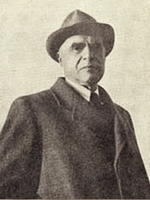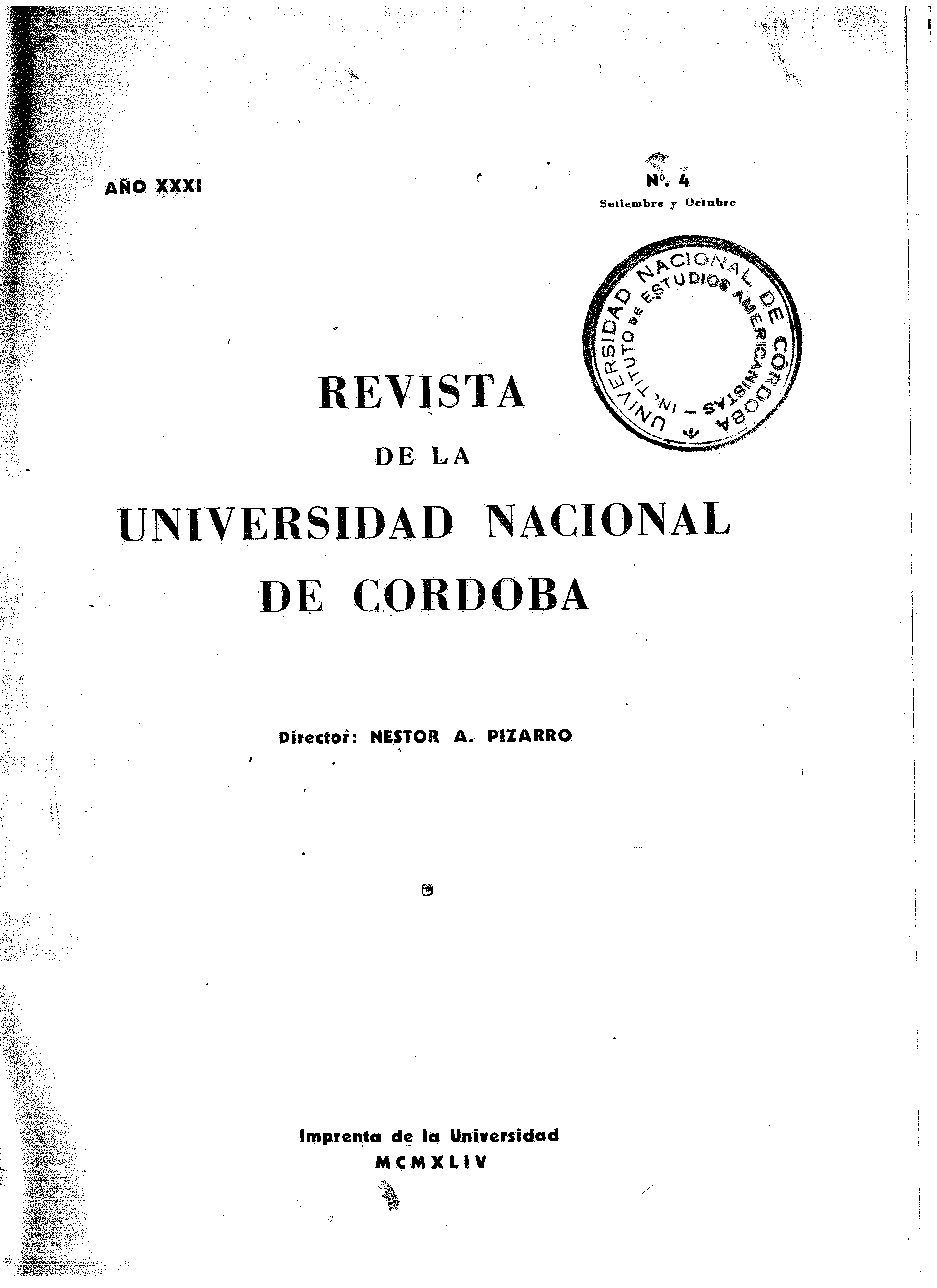The imputation term
Keywords:
penal law, Humboldt, imputationAbstract
In his book Hauptprobleme der Staatsraechtslehre , Kelsen seeks to show that the psychological concept of will is not applicable to the normative sciences, be they ethical or legal. For these sciences - this is the result he arrives at - the will is nothing other than the "term of normative imputation" that goes back to a person and stops there. Kelsen is of the opinion that with this verification the controversy between determinism and indeterminism disappears, and he even establishes the hypothesis that the concept of the will originates in the normative sphere, and that from it it has been transferred to the explanatory sphere of psychology. Kelsen believes to find support for his hypothesis in the "heterogeneous" psychological theory of the will, according to which the will is not a primary element of mental life, but only a product of other psychic factors.
Downloads
Downloads
Published
How to Cite
Issue
Section
License
Copyright (c) 1944 Universidad Nacional de Córdoba

This work is licensed under a Creative Commons Attribution-NonCommercial-ShareAlike 4.0 International License.
Commercial use of the original work and any derivative works is not permitted, and distribution of derivative works must be made under a license equal to that which governs the original work.







